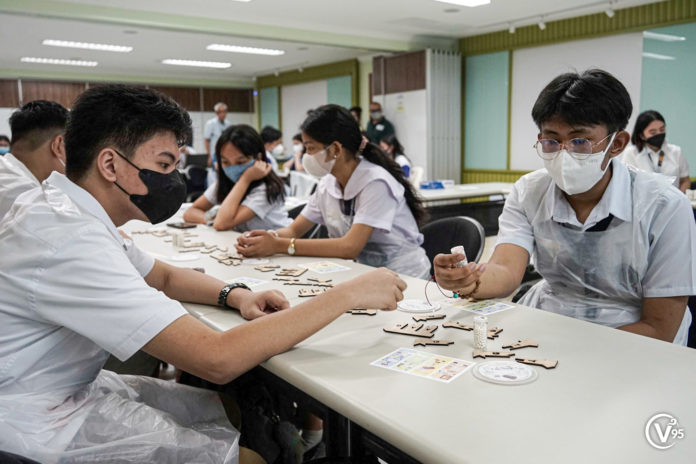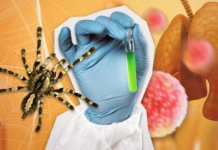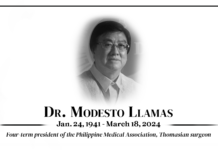
A CHEAPER form of virus detection for Covid-19 was introduced to Filipino students as a substitute for the expensive Covid-19 testing methods in the Philippines on Feb. 21.
Prof. Lisa Hall, a visiting professor from the University of Cambridge and a partner in the Newton Agham program, demonstrated the use of the loop-mediated isothermal amplification (LAMP) assay during a workshop in UST.
The LAMP assay is a low-cost virus detection testing method that uses light and temperature to detect diseases. This can be used as a substitute for testing Covid-19.
LAMP was first discovered by Japanese scientists in 2000. Aside from Covid-19, this test can also be used for other local diseases prevalent in remote areas, such as typhoid, malaria, and dengue.
During the workshop, students were given activities to build DNA primers to simulate polymerase chain reaction tests, which is one way to detect various infectious pathogens for diseases like Covid-19, malaria, and dengue.
Other visiting researchers gave the students some hands-on activities that allowed them to see how the LAMP assay worked for them to introduce them to their own communities.
Hall also proposed the idea of a mobile in-vitro diagnostics manufacturing and testing unit vehicle to bring healthcare closer to remote communities and alleviate the outbreaks of certain diseases, such as dengue and leptospirosis.
The selected participants were students of the UST College of Chemistry, UST Junior and Education High School, UST Angelicum High School, V. Mapa High School, the Lourdes School of Quezon City, Esteban Abada High School, Ramon Magsaysay High School, and St. Stephen’s High School.
The Newton Agham program, derived from the 2016 Newton Agham fund, aims to create innovative projects to provide Filipinos with better economic and social conditions.













